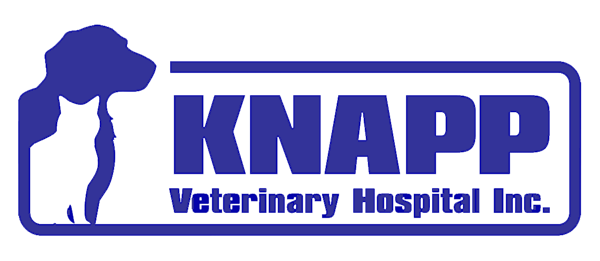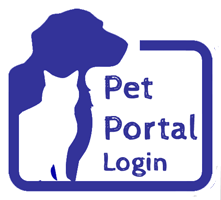- Home
- About Us
- Services & Resources
- Online Forms
- Refill Prescriptions & Food
- Pet Portal
|
|
6/23/25: We will be closed for Independence Day on Friday, July 4.
Use our online store for competitive pricing and free shipping!
Click on the "Chat with AVA" button on the bottom right of your screen to book appointments and order prescription refills
|


